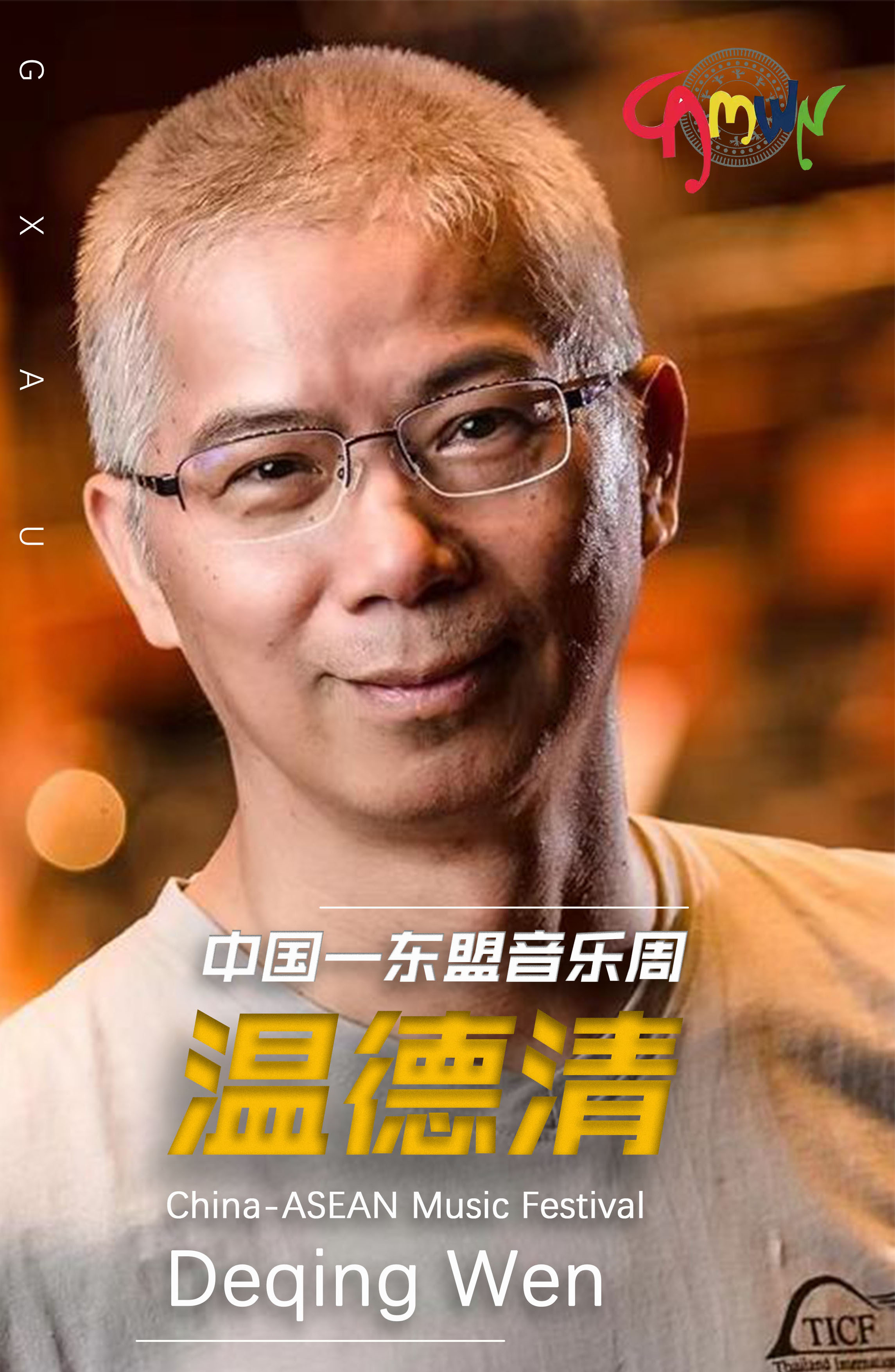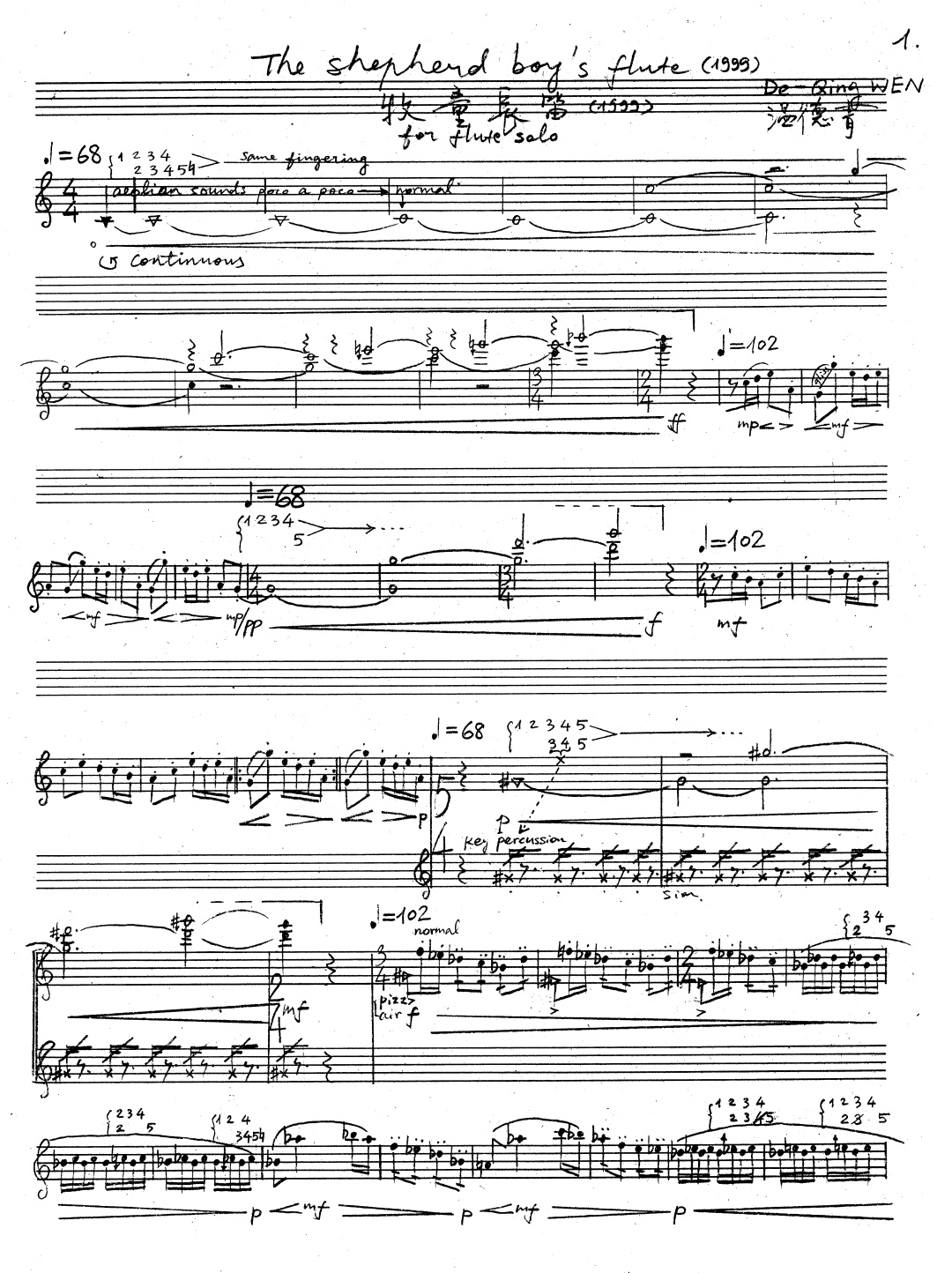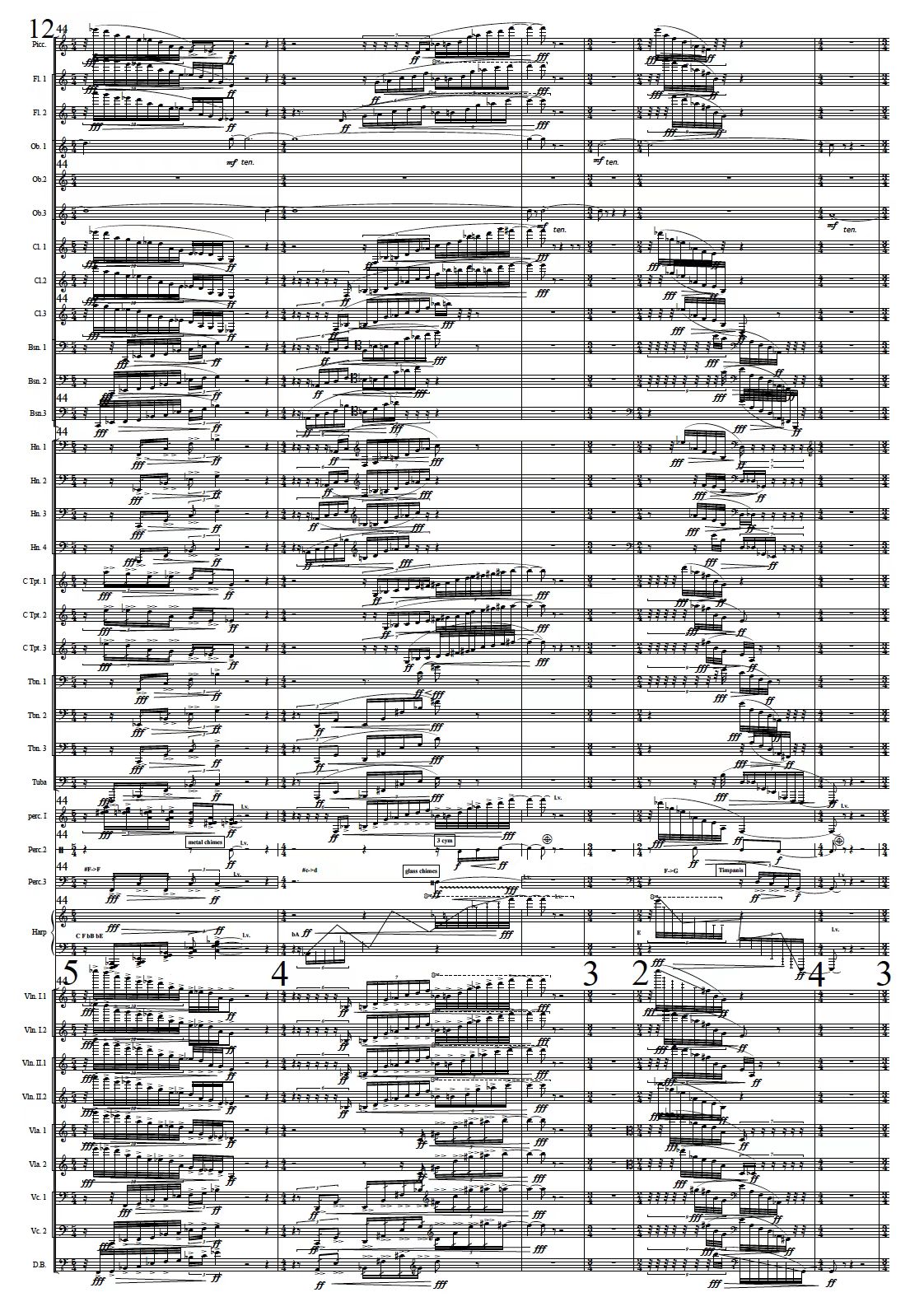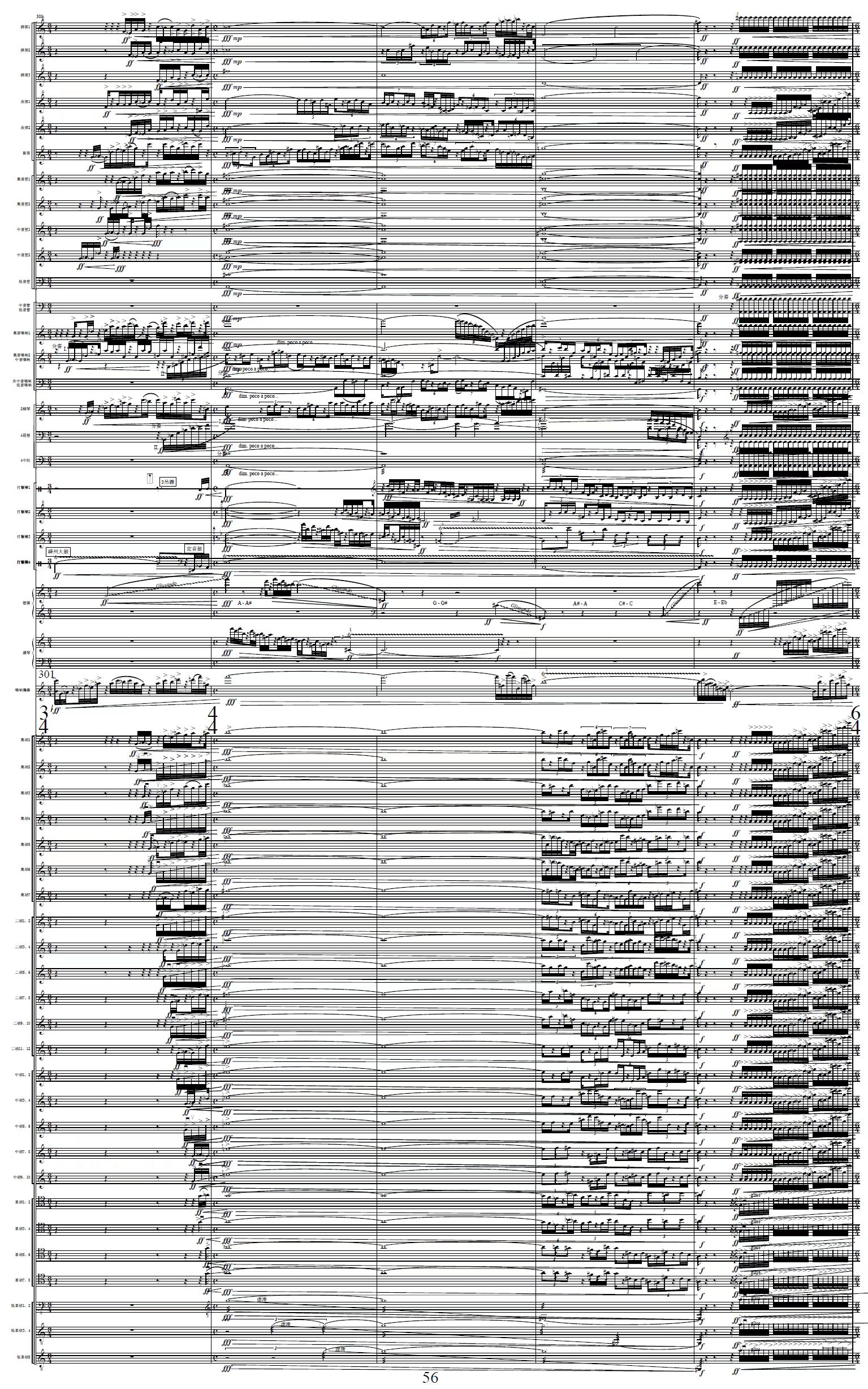China-Asean Music Week Composers Series-- Wen Deqing [Work profile, fourth phase]



Deqing Wen is a Swiss Composer of Chinese origin. He studied at Fujian Normal University Conservatory of Music, China Conservatory of Music, Geneva Conservatory of Music in Switzerland, Conservatoire Nationale de Lyon in France, and Columbia University in New York with Tristan Murail. Studied under Guo Zhurong, Shi Wanchun, Luo Zhongrong, Jean Balissat, Gilbert Amy. His biography was included in the Cambridge Dictionary of International music celebrities. At present, Wen deqing is professor and doctoral supervisor of composition Department of Shanghai Conservatory of Music, member of Swiss Music Copyright Association and vice chairman of China-Asean Musicians Union. Wen deqing is the winner of the "Government Prize" of Geneva (1993), the "Culture Prize" of the International KIWANIS Foundation (1999), the "Composer Prize" of the Leenaards Foundation of Switzerland (2001), the Chinese Literary Prize and the Shanghai Spring Award for Excellent Works.


Guided tour of the works

The shepherd boy flute

Shepherd Boy Flute is a flute solo composed by the composer in 1999. The author fully explores the expressive possibilities of Musical Instruments, and places music between melodious and flexible, so as to outline his new interpretation of traditional images. It is worth mentioning that the composer created and used many new techniques in the music, which are novel and interesting. The whole song "Shepherd Boy Flute" lasts less than seven minutes, but the whole song is full of ups and downs and rich colors. It depicts the scene of children herding cattle: In the morning, before the fog disperses, the shepherd boy rides the cow leisurely walking in the fields, the lively and playful shepherd boy, the hazy and quiet of the fog can not help but come to our mind.

Love song and boatman's song

Composition: Wen Deqing
Conductor: CAI Yang
Performance: Guangxi Symphony Orchestra of China
The orchestral version of love Song and Boatman's Song was composed in 2010, adapted from the solo piano version he created in 2006 in New York. It inherits the author's personalized musical language, and also contains strong folk music elements, skillfully combining love song and boatman's song with two traditional musical elements. It highlights the unique charm of modern music and at the same time powerfully shows the spirit of young men and girls breaking through feudal bondage and pursuing free love. In the performance of the song, the players play while imitating the Shouting of the song, which is refreshing. At the end of the song, it perfectly expresses the true feelings of the song trackers to show the difficult situation of pulling the string.

Traces of four

Composition: Wen Deqing
Conductor: Liu Shun (China)
Suona: Guo Zhiya
Performance:Guangxi College of Arts
National orchestra
Guangxi Song and Dance
Theate National orchestra
Suona Concerto Trace four , composed in 2004, is the fourth piece in the composer's "Trace" series of five works. Trace four combines calligraphy art and develops his own music with the inspiration of calligraphy creation process. "When I write, I think of a large orchestra as an endless piece of rice paper, and the suona as a brush that is free and unrestrained." The author compares the suona to a writing brush and the band to ink and rice paper. Under the interaction of the suona and the band, we seem to see a series of elegant calligraphy works. The work, which combines Traditional Chinese Musical Instruments with traditional culture, was well received by the international music circle and loved by Chinese audiences.

Gayageum sanqu

Composition: Wen Deqing
Conductor: Zhang Liang
Guzheng: Liu Le
Chief: Gold Maya
Performance: Guangxi Symphony Orchestra
Gayageum sanqu was written in 2021 for guzheng and symphony orchestra. The composer took the famous Korean folk song Arirang as the theme of the song. Through extension, expansion and variation, the music organically combines the intersection of sadness and joy, the superposition of music and noise, and the mixture of tradition and modernity. In order to reflect the eternal beauty of life and broad and infinite modern international traditional music. It is a cross-cultural challenge to play gayageum music with guzheng. The performance of traditional "Sanjo" from the perspective of modern music fills the work with sparks and presents the integration and collision of world music and folk music for the audience.




Windching has held solo concerts and master classes in China, Switzerland, France, Denmark, the United States, Belgium, Germany and Israel. His opera "Bet your Life" was part of the repertory of Shanghai Opera House, and the opera "The Musicians of Bremen" was premiered by the Swiss International Modern Festival. His works are published by Swiss Music Publishing House, German Barenreiter Music Publishing House, Shanghai Conservatory of Music Publishing House and People's Music Publishing House. His albums were published by Stadivarius milan, Switzerland, Naxos, Telos Music and Shanghai Music.


Students under the guidance of Wen Deqing have won many awards in composition competitions at home and abroad and been selected into many international master classes of composers. Students' works have been performed by professional orchestras and music festivals for many times, winning high praise in the music industry.


-THE END-


用户登录